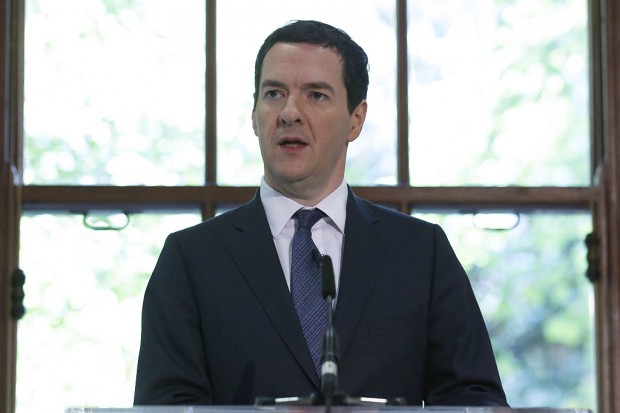There’s already quite a wide consensus around the basic assumption of the Treasury’s latest report that there would be a short-term economic shock from leaving the EU. However, it’s nigh on impossible to credibly foresee the size of this shock. And by going too far on such estimates the Treasury risks undermining the consensus already in its favour.
Contrary to what one may be tempted to assume, short-term economic forecasts are often harder to make than longer-term ones. Making reasonable assumptions about how policy choices a few years down the line shift economic growth from a baseline is a slightly easier exercise than trying to predict short-term market movements – especially without any historical precedent, as in the case of Brexit.
Looking at some of the predictions in more detail, one important point to keep in mind is that all headline estimates (e.g. GDP between 3.6 per cent and 6 per cent lower after two years) are calculated against a baseline where the UK’s economy continues to grow – not against current levels.

Get Britain's best politics newsletters
Register to get The Spectator's insight and opinion straight to your inbox. You can then read two free articles each week.
Already a subscriber? Log in






Comments
Join the debate for just £1 a month
Be part of the conversation with other Spectator readers by getting your first three months for £3.
UNLOCK ACCESS Just £1 a monthAlready a subscriber? Log in